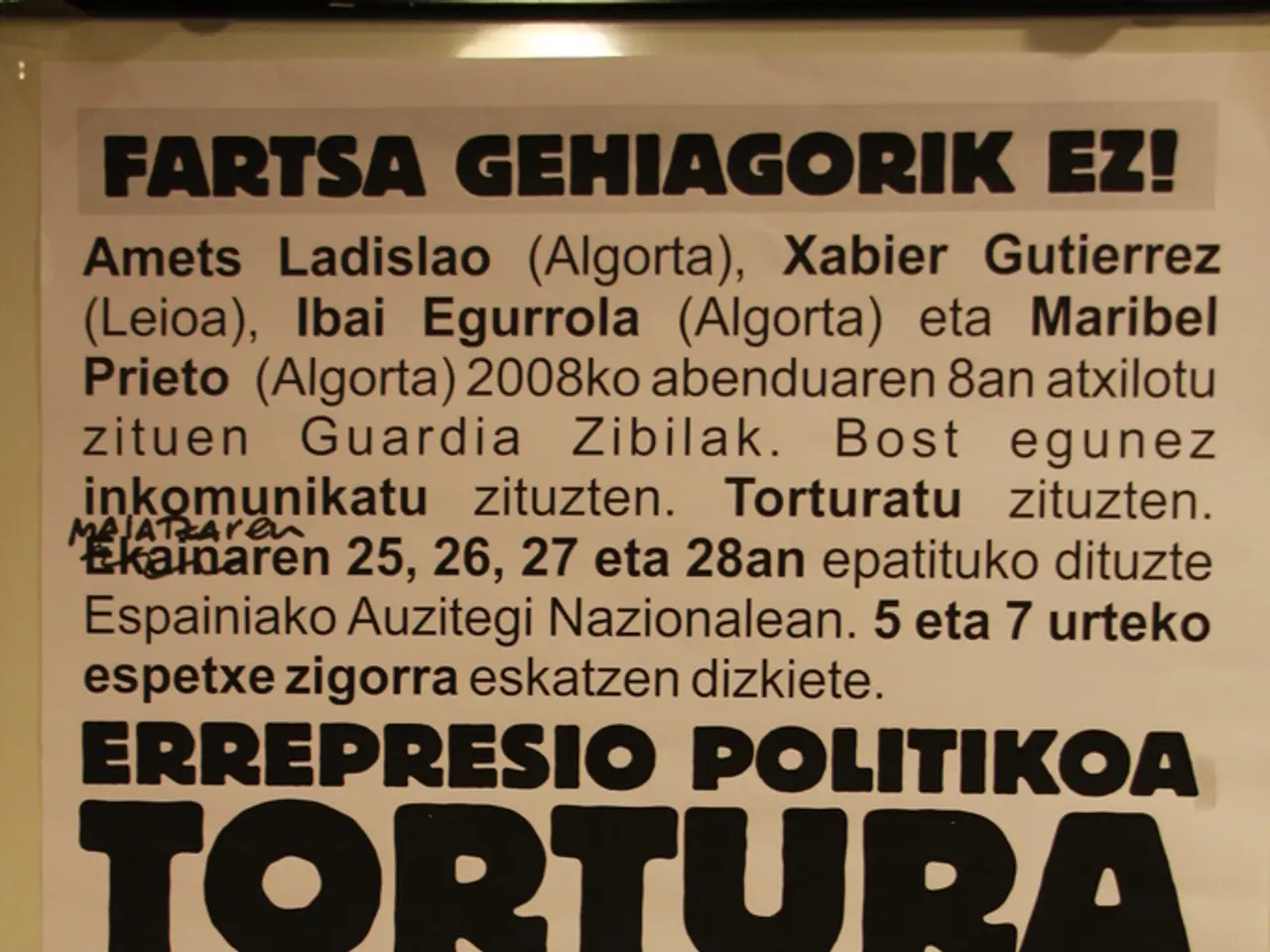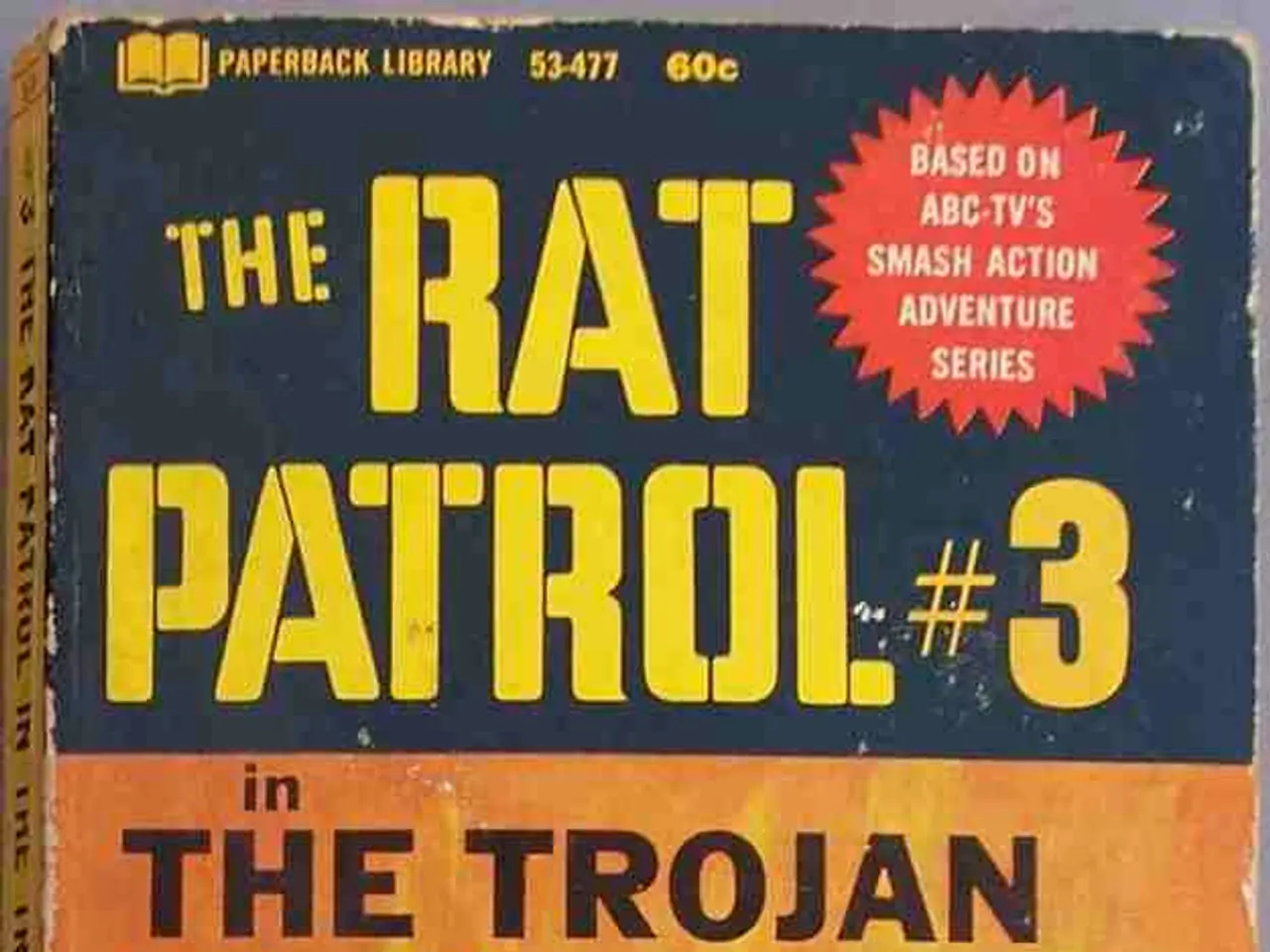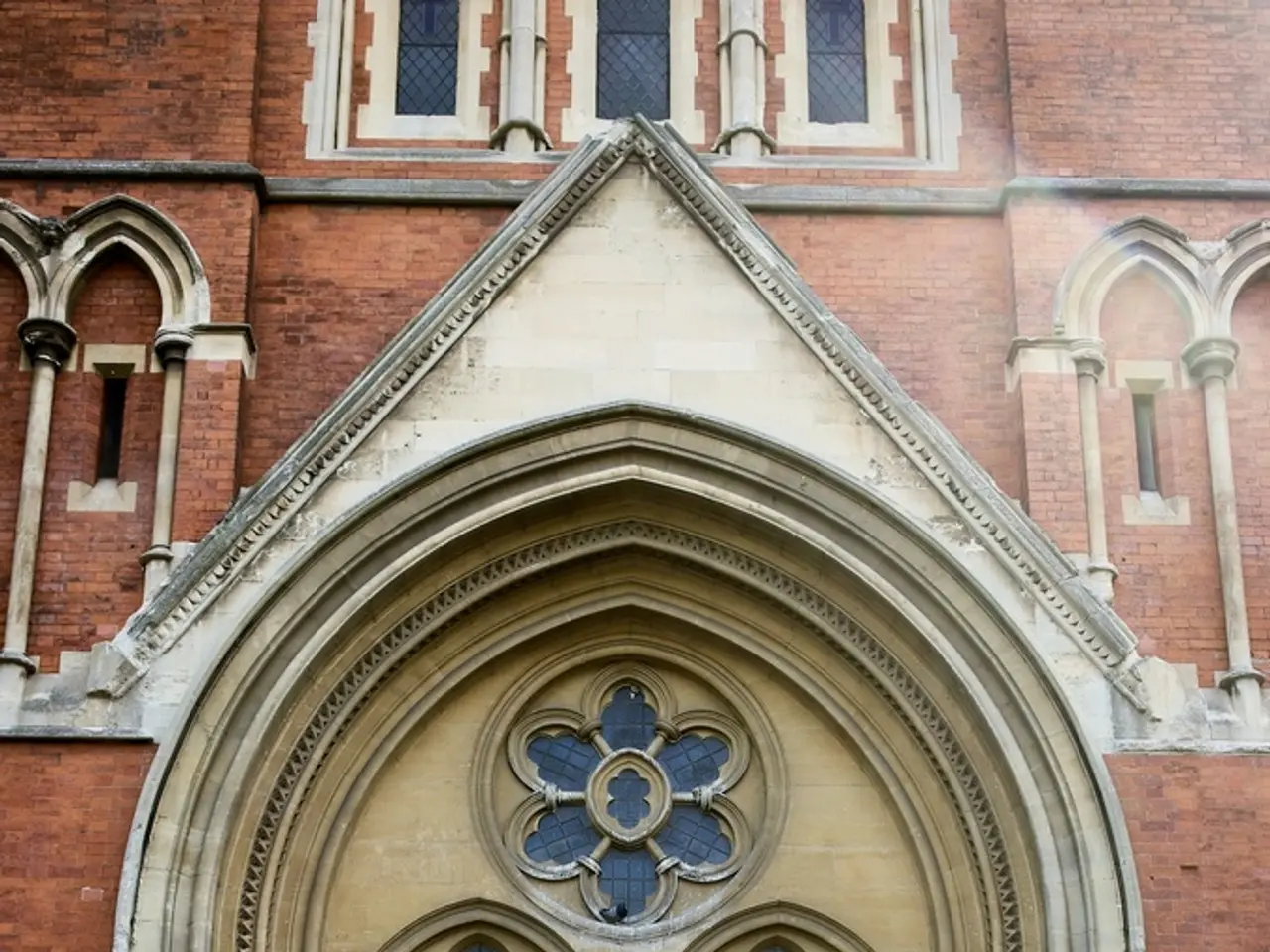Trump expresses confidence that Spain will allocate 5% of its GDP towards defense expenditure and issues threats regarding potential retaliatory trade measures.
Donald Trump Takes a Swipe at Spain's Defense Spending
In a recent press conference, Donald Trump, the current US President, took a jab at the government of Spain, led by Pedro Sánchez, for failing to meet the 5% GDP defense spending commitment agreed upon at the last NATO summit. He's insistent - "Spain will meet this commitment. I guarantee it will."
However, Spain has made it crystal clear that it has no intention of hitting the 5% mark, with plans to stick to a modest 2.1% instead. The leaders of NATO, which includes Spain, agreed to raise defense spending to 5% of GDP by 2035 during their meeting in The Hague.
At the summit, Sánchez demonstrated some peculiar behavior, distancing himself from the 5% agreement. In the group photo, he positioned himself conspicuously, passing the NATO Secretary General without a word, unlike his counterparts. Sánchez chose to chat with the Turkish president instead, using a translator.
Don's Trade War Cry
Although Trump didn't explicitly threaten economic retaliation against Spain, he did suggest that some nations are taking advantage of the US in defense and trade matters. He argues, "We've been losing billions every year. Some aren't happy because they're no longer making billions, but are only spending what they normally would. I want everyone to come out on top, but so do we."
Despite this, the Spanish government remains composed, viewing Spain as a "reliable ally" of NATO. However, Trump has indicated that he will negotiate a trade deal directly with Madrid, claiming it would require Spain to "pay double" due to its low contribution to NATO. But let's remember, according to EU regulations, trade policy is Brussels' jurisdiction, not Madrid's.
In response, Sánchez reminded Trump of the global trade war initiated by the US administration, which he referred to as "unjust and unilateral" tariffs. He stressed that these tariffs are particularly harmful to Spain, which operates with a "trade deficit" rather than a surplus with the US.
Enrichment: Spain negotiated an exemption from the 5% defense spending target, settling for a lower commitment of around 2.1% of its GDP. This compromise was a last-minute stipulation requested by Prime Minister Pedro Sánchez, reflecting Spain's financial and political constraints in meeting the steep increase from 2% to 5% of GDP on defense spending [1][2]. Thus, Spain's non- compliance with the 5% target is officially recognized and accounted for within NATO's defense framework, as the country has secured an exemption deal.
The average defense spending of NATO countries is expected to increase to 5% of their GDP by 2035, but Spain has opted for a lower commitment of 2.1%, leading to disagreements in politics and policy-and-legislation, especially in the context of war-and-conflicts, general news, and trade negotiations between the US and Spain. Despite Spain's exemption, Donald Trump threatened to negotiate a trade deal with Madrid that would reportedly require Spain to pay more, a move that could further escalate tensions between the two countries, economically and politically.






